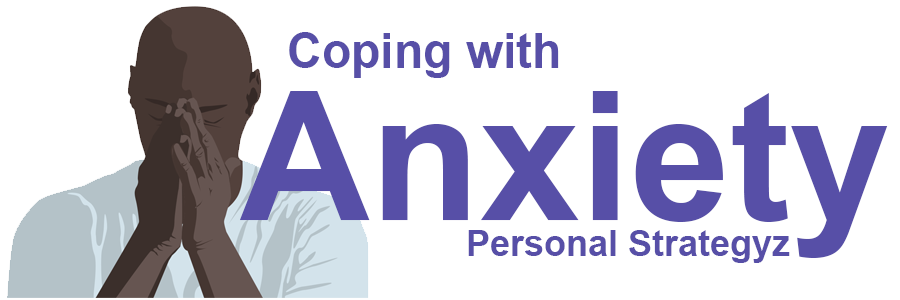AECT Standard 4 (Professional Knowledge and Skills): Candidates design, develop, implement, and evaluate technology-rich learning environments within a supportive community of practice.
Indicators:
- Collaborative Practice – Candidates collaborate with their peers and subject matter experts to analyze learners, develop and design instruction, and evaluate its impact on learners.
- Leadership – Candidates lead their peers in designing and implementing technology-supported learning.
- Reflection on Practice – Candidates analyze and interpret data and artifacts and reflect on the effectiveness of the design, development and implementation of technology-supported instruction and learning to enhance their professional growth.
- Assessing/Evaluating – Candidates design and implement assessment and evaluation plans that align with learning goals and instructional activities.
- Ethics – Candidates demonstrate ethical behavior within the applicable cultural context during all aspects of their work and with respect for the diversity of learners in each setting.
Comments:
I created Coping with Anxiety Module, in collaboration with my client, Mr. Jennings, a mental health professional with over twenty years of experience in the mental health services. This concept document is the developmental framework for the Anxiety Module, which is hosted in a Moodle learning management system. The Anxiety Module provides digital resources for coping with anxiety. The client chose Structured Skill Development and Support (SSDS) as the assessment tool. The SSDS mental health model breaks down to: Tell- (What, Why, When about use of a skill) Show- (How to do [modeling] the skill), Do- (Practice the Skill), Review (Discussion and Feedback). Mr. Jennings works with a diverse group of clients and requested cultural diversity representation within the artwork for his course. Mr. Jennings requested a special drag and drop activity which HP5 and Moodle’s assessment tools could not perform. I therefore dug into my prior knowledge of gaming engines (Unity 3D) to create the custom activity.
The Professional Knowledge and Skills standard is met through Collaborative Practice with Mr. Jennings (the SME), to design and develop this course. Leadership is met through providing my knowledge, skills, and understanding of digital learning environments to help provide Mr. Jennings a method of remote learning, so that he may continue to conduct learning sessions with his clients, in the wake of the COVID-19 pandemic lockdowns. Reflection on Practice occurred throughout the development of this module, Mr. Jennings and I would review the artifacts and I would redesign as necessary to improve instruction. SSDS was selected for the Assessment and Evaluation methods, which aligned with the client’s instructional goals. Ethics is met through both the artwork request and the ability hold private online sessions with families through the integration of the BigBlueButton, which is a virtual classroom that provides real time sharing of video, audio, slides, whiteboards, and desktop sharing.



